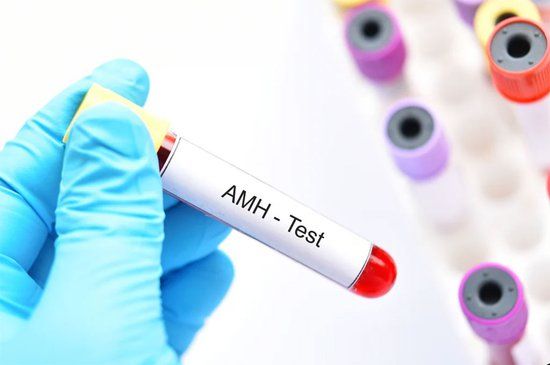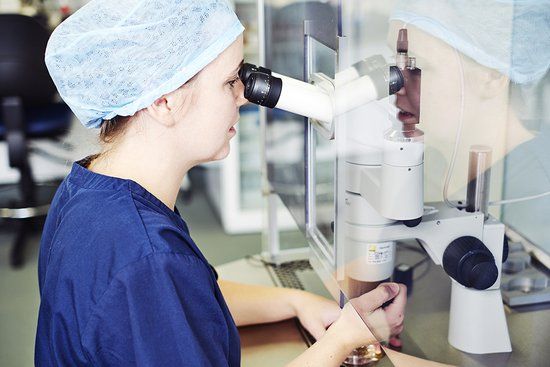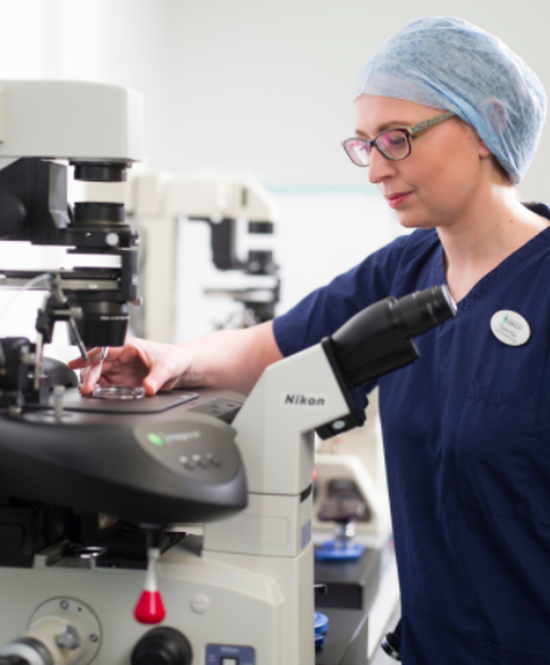A new study from researchers in Sweden has indicated that if you have high levels of Anti-Mullerian Hormone (AMH) then you have a higher chance of your IVF cycle being a success.
In the study, the first of its kind to link IVF pregnancy and birth rates with AMH levels, researchers found that women with high levels of AMH were 2.5 times more likely to have a successful IVF cycle than women of similar whose levels were low.
They concluded that AMH levels reveal important information not just about the quantity of eggs remaining but their quality, with women who have high AMH levels likely to have a high proportion of eggs capable of developing into healthy embryos. In the study, IVF outcomes increased as AMH levels increased in the 892 women in the study, who underwent 1,230 IVF cycles between 2008 and 2011.
Although researchers found no ‘cut-off’ point where women could not get pregnant, it was noted that as AMH levels declined, IVF success rates dropped significantly.
So what is AMH testing, and when is it done? At Manchester Fertility your AMH levels are tested as part of your initial screening when you begin treatment via a simple blood test. AMH is a substance made by the ovarian follicle which contains the egg, and your AMH levels can help us identify the best course of treatment for you.
It can tell us how well you will respond to ovarian stimulation and give us an indication of how many eggs you have in your ovaries – your ovarian reserve. Your result will be categorised as either optimal fertility, satisfactory fertility, low fertility or very low fertility.
If you have a very lowblood AMH level, this typically means you don’t have many available eggs. In this instance the chances of success through traditional IVF would be reduced because response to ovarian stimulation will likely be poor.
But at the opposite end of the scale, if your blood shows a very high AMH level, as is often found in women who have conditions such as Polycystic Ovarian Syndrome (PCOS), it means you have lots of follicles and this potentially puts you at risk of Ovarian Hyperstimulation Syndrome (OHSS) if ovarian stimulation is needed as part of your treatment. OHSS is when you produce too many mature eggs.
So this is why AMH testing is so important. If we know your AMH levels before we start your treatment, we are able to plan your treatment path accordingly. So it could indicate that traditional IVF isn’t the best treatment for you and so avoids the disappointment of treatment cycles needing to be stopped because ovarian response has been poor, or your risk of developing conditions such as Ovarian Hyperstimulation Syndrome (OHSS) is too high.
However please remember that if you result comes back low or very low, your potential for conceiving is influenced by a number of factors, and AMH assessment is only a part of it.
If you have any questions about your AMH result, call our team on 0161 300 2737.
Last updated: 20th January 2020







